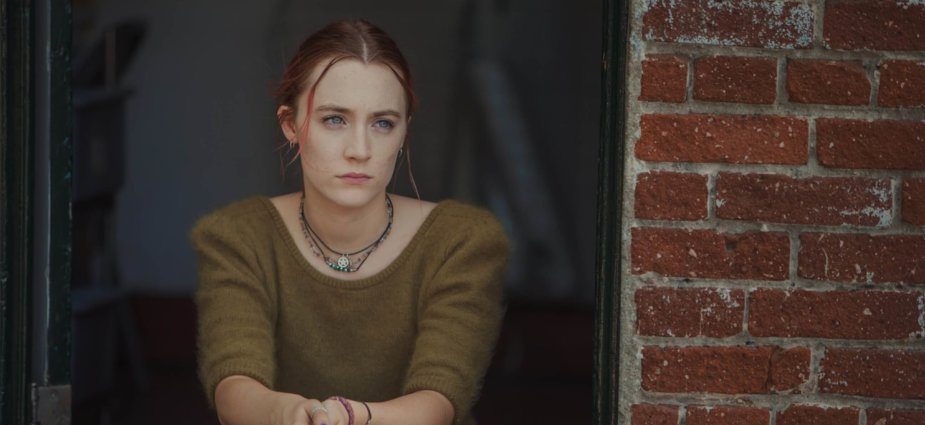Lady Bird, which is a name given to Christine “by herself, for herself,” is a high school senior with ambitions of going to an East Coast college. Continuously clashing with her overworked mother (Laurie Metcalf), Lady Bird navigates the tumultuous world of dating, theatre, and friendships (featuring the underrated Beanie Feldstein) in a privileged, Catholic school, a background Lady Bird does not share.
Her father (Tracy Letts) is recently unemployed; her brother (Jordan Rodrigues) bags groceries; her mother is a nurse. She is embarrassed of her modest, outdated house, lying to the school’s Queen Bee (Odeya Rush) that she instead lives in a McMansion on the other side of town.
Like so many of us, Lady Bird wants more but, like so many of us, is not entirely sure what that more is.
Lady Bird commands a position between very personal — there are more than a few parallels between Gerwig’s own Catholic girlhood, and Ronan’s eccentric and deeply human Lady Bird evokes Gerwig in some of her own starring roles — and universal.
Set in the early 2000s, the film’s foundational moments of mother-daughter fights, shopping for prom dresses, first loves, desire for popularity, and various categories of heartbreak are recognisable, and often shared.
Not enough can be said about Ronan’s performance crafting Lady Bird, who wields the full spectrum of teenage narcissism, into a compelling and loveable character.
She is flawed, she makes mistakes (many of which we are most likely also guilty of making), but she is gutsy and tenacious.
She thrums with youth and its indefatigable belief that we can be whoever we want to be. Of course, much of that credit also goes to Gerwig, who has an ear for dialogue and an innate sense of the human condition.
To praise Lady Bird is to enter a maelstrom of other voices and critics that have seen themselves in Gerwig’s characters or are simply besotted by such a striking, deftly-written directorial debut.
But I will praise it nonetheless: it is vulnerable, warm, funny, and hyper-aware. It captures the moments of leaving childhood behind — for both child and parent — with a compassion that many of us could benefit from remembering.
Like the unpretentious The Florida Project and runaway success Get Out, Lady Bird is a must-see film, examining the uncomfortable process of becoming an adult with wit, tenderness, and artists at the top of their form.
Readers also enjoyed this review of The Florida Project.










